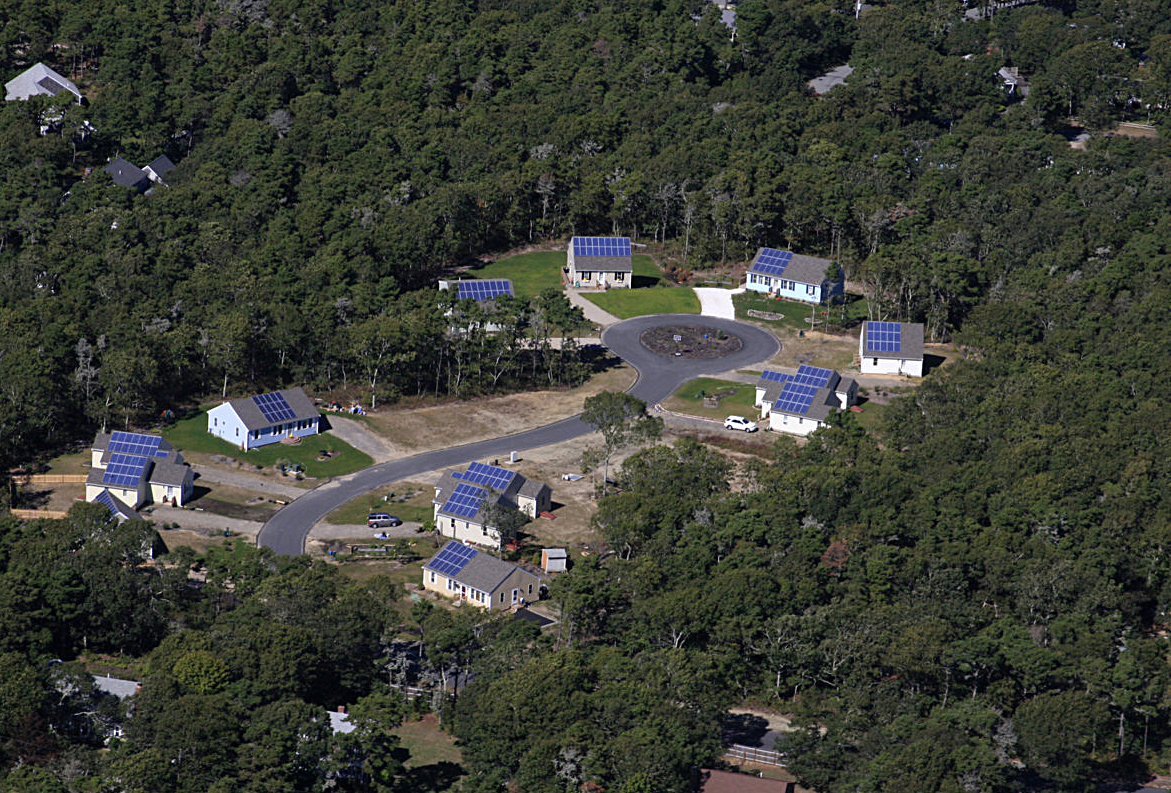By Nichola Groom
LOS ANGELES (Reuters) – America’s biggest solar power developers are stockpiling panels to lock in a 30% federal tax credit set to start phasing out next year, a strategy that could backfire if projects do not materialize or panel prices slide substantially.
Duke Energy, 8minute Solar Energy and Shell-backed Silicon Ranch are among those working to claim the full subsidy, which is available to firms that either start construction or spend 5% of a project’s capital cost by the end of 2019. Consumers who purchase residential solar this year are eligible for the full tax credit, but the rules that allow the subsidy to be locked in now for systems installed much later apply only to companies.
North Carolina-based Duke, for example, plans to claim the maximum credit on as much as 2 gigawatts worth of panels. That is enough to power 380,000 homes, even though some of those projects might not go online for years.
Clean-energy mandates in many states and a push by companies to go green have given Duke confidence it can recoup its investment, said Chris Fallon, vice president of the company’s renewable energy arm.
“We know there will be customers out there, we just don’t know who those customers are yet,” Fallon said.
China’s Trina Solar estimated about 20% of current U.S. demand for solar panels is being fueled by tax considerations. That heavy up-front spending has been good news for global panel manufacturers, including Trina, which is sold out through the first quarter of next year.
Consultancy Wood Mackenzie projects developers will “safe harbor” roughly 31.2 gigawatts of U.S. solar installations, representing nearly $30 billion of investment in coming years to maximize their tax credits.
The strategy carries risks.
Installers could get stuck with inventory if U.S. solar demand weakens or if current technologies rapidly become outdated.
They are also paying a premium for panels amid the rush to beat the year-end tax-credit deadline. Modules prices are up by more than 10% from earlier in the year, according to Wood Mackenzie.
It is a major departure for an industry that has seen steady declines in panel prices, thanks to improvements in efficiency and low-cost Asian imports.
“There is a definite risk” but it is “still worth doing,” said Tom Buttgenbach, chief executive of Los Angeles-based 8minute Solar, which builds large solar power plants in the southwestern United Sates.
‘ACT NOW’
The phase-out of the Investment Tax Credit is a major change for an industry that has relied on it to fuel growth. Since the tax credit was implemented in 2006, U.S. solar installations have expanded by more than 50% a year, according to the Solar Energy Industries Association.
Falling costs have enabled solar to compete with fossil fuel-generated power. The solar industry trade group this week kicked off a lobbying push to preserve the ITC with a letter to Congress. Democratic lawmakers in both the House and Senate support extending the subsidy.
READ MORE: https://www.businessinsider.com/expiring-us-solar-subsidy-spurs-rush-for-panels-2019-7


